
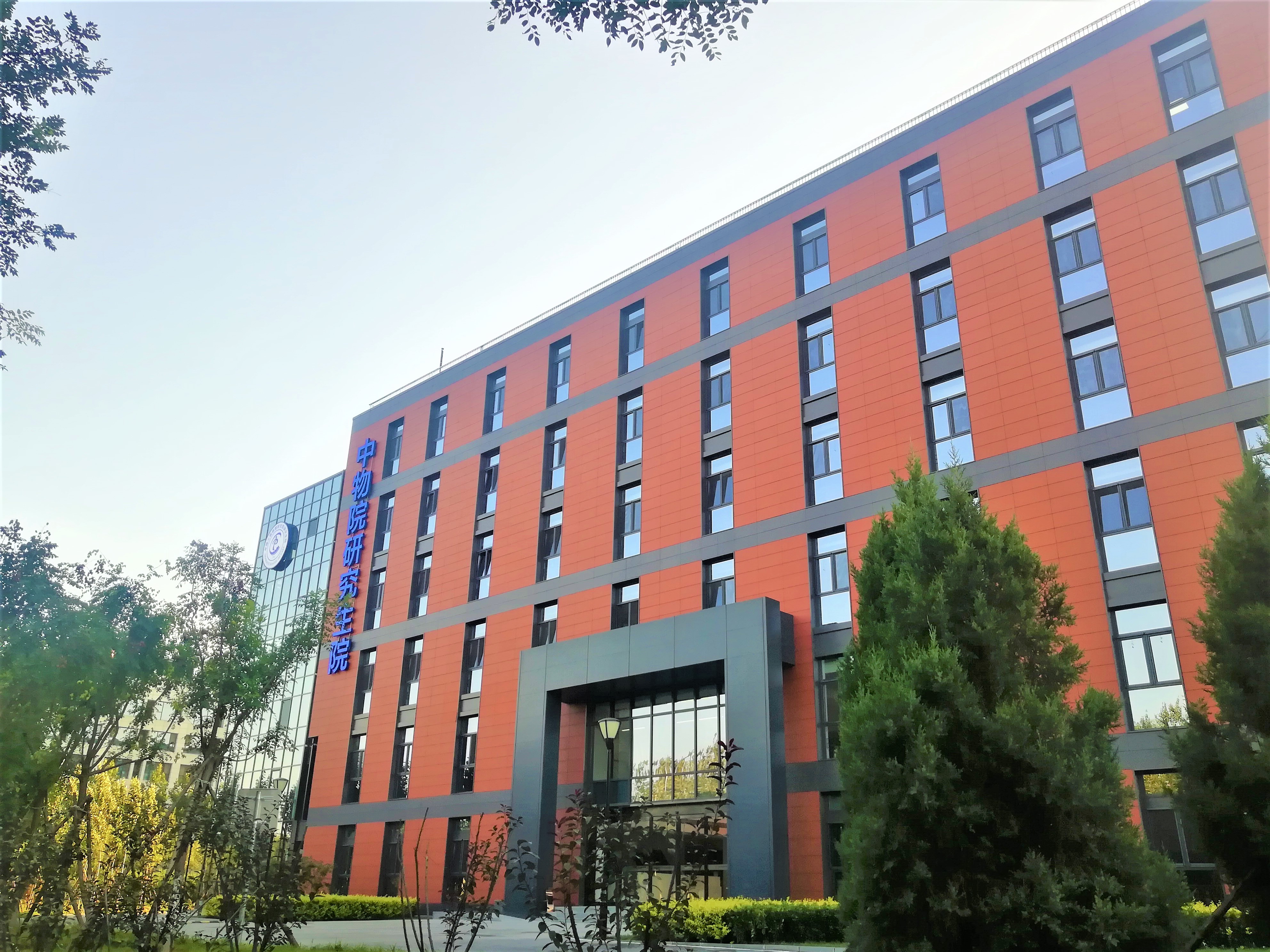
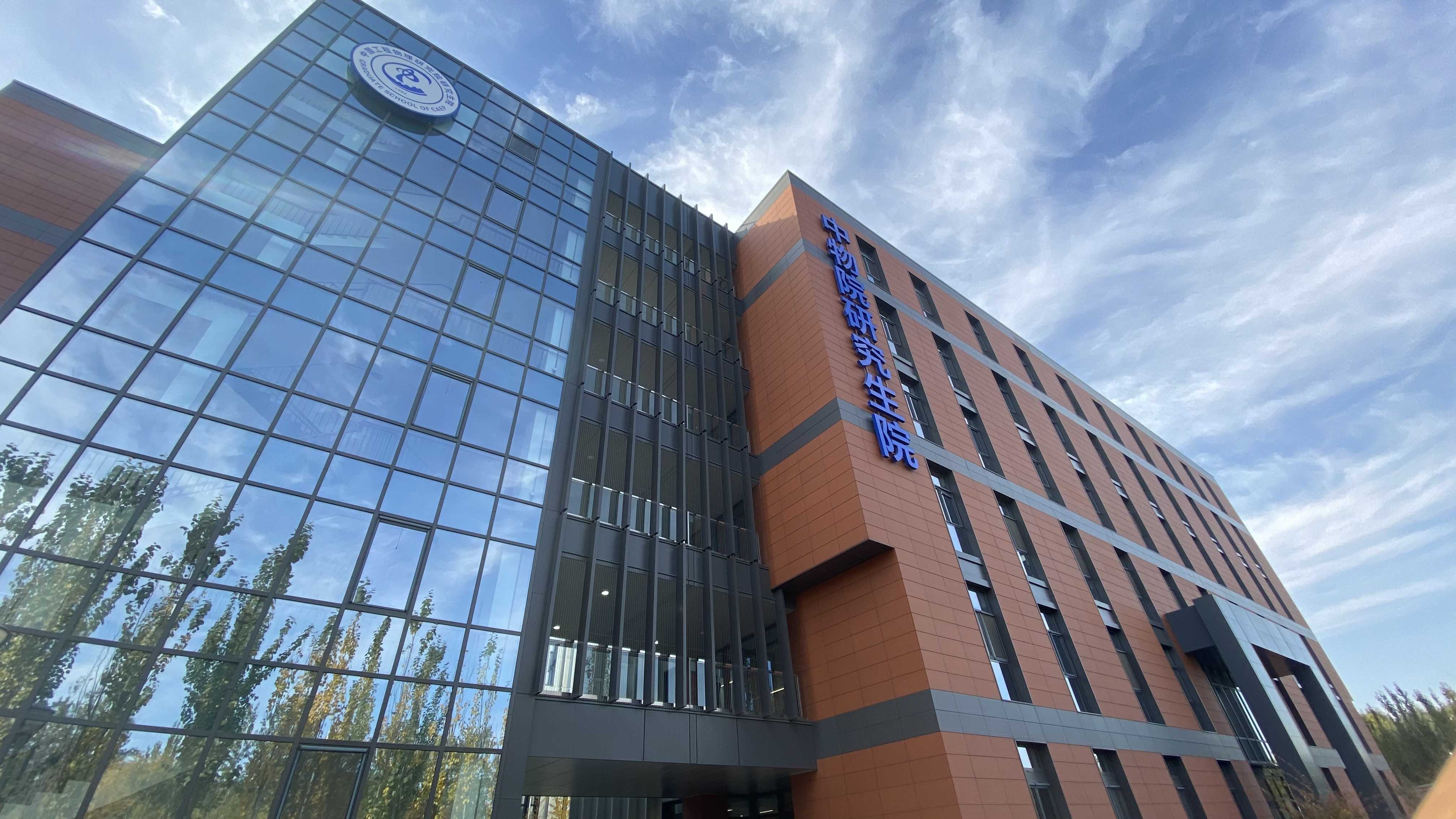
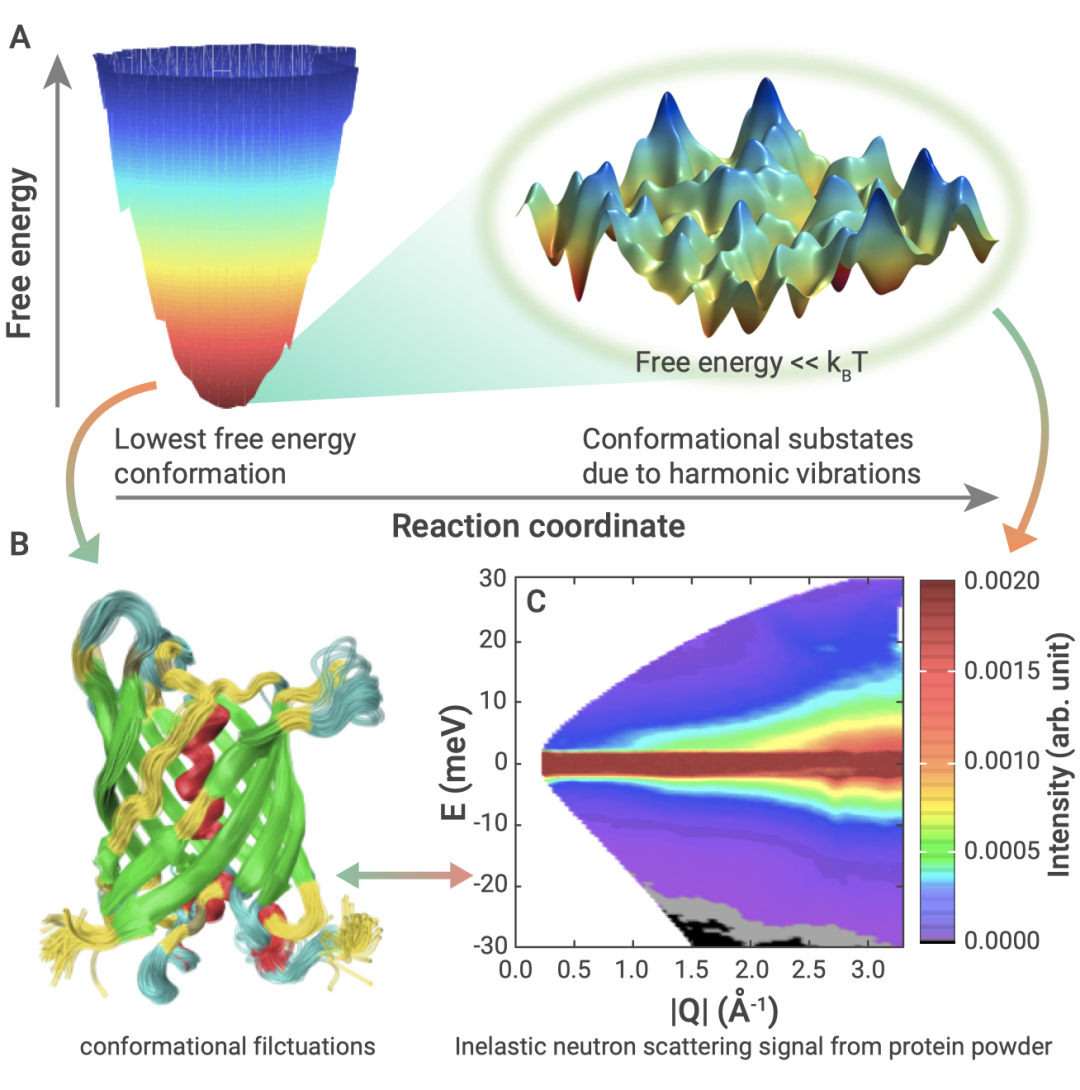

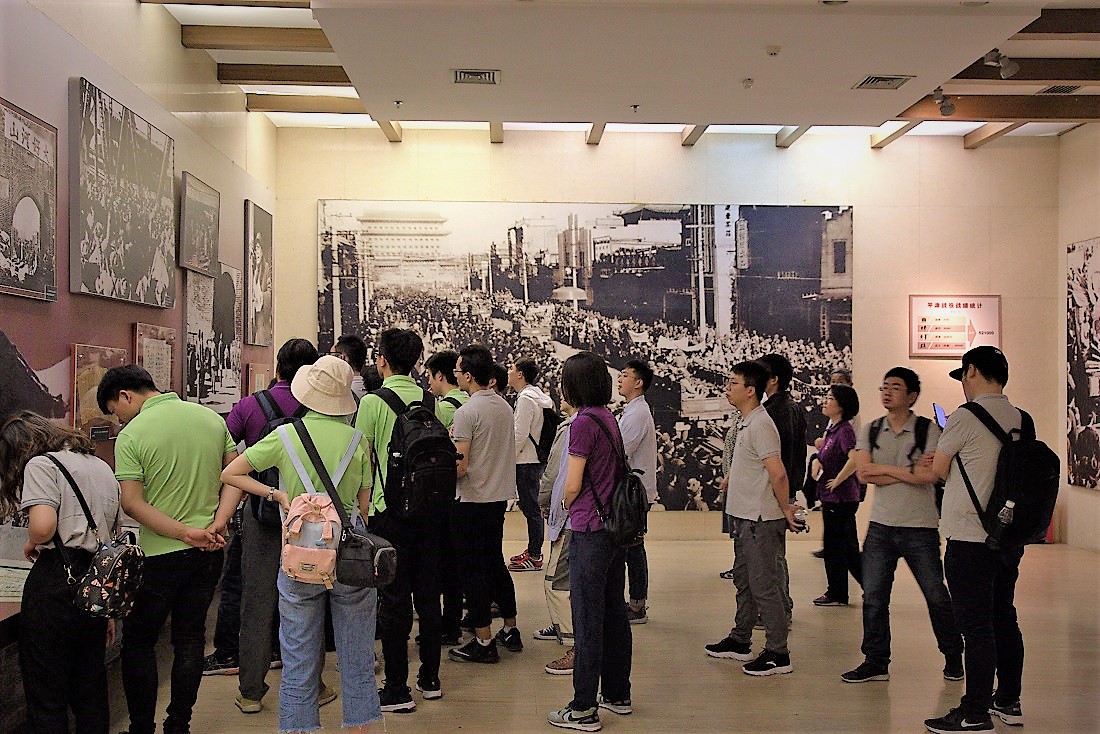









From August 26th to 27th, the Graduate School of China Academy of Engineering Physics(GSCAEP) successfully organized a workshop on "AI-Driven Materials Science Research" in Chengdu, Sichuan Province, China. More than 60 experts and scholars in the field of materials science from universities and research institutions such as Northeast University, Tsinghua University, Xi'an Jiaotong University, East China Normal University, Sichuan University, as well as institutions within the China Academy of Engineering Physics (CAEP) including the Second Institute, Third Institute, Fifth Institute, Seventh Institute, Eighth Institute, Ninth Institute, Chengdu Science Center, and the Graduate School, participated in the workshop.
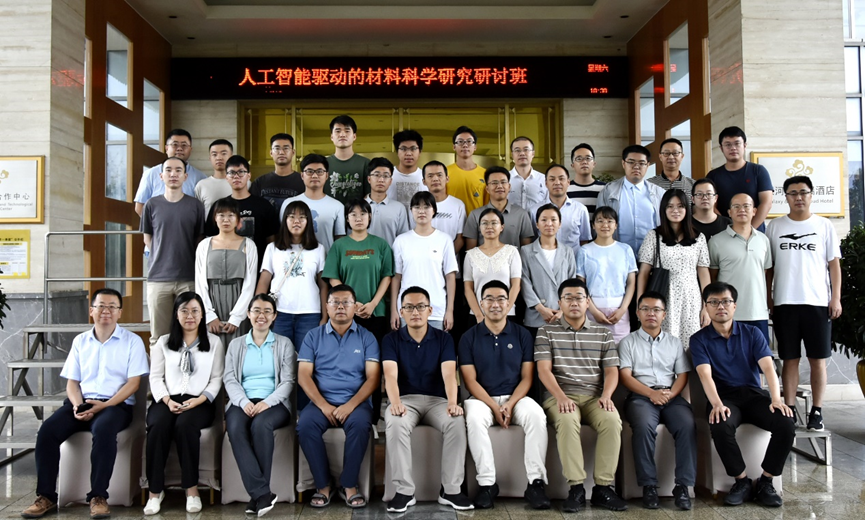 The workshop focused on the theme of AI-driven materials science research, aiming to promote communication and collaboration among researchers from both within and outside the academy in the field of materials science, as well as to advance the application of artificial intelligence technology in materials-related research. Libin Fu, Vice President of the Graduate School of CAEP responsible for administrative work, attended the workshop and delivered a speech. He emphasized the significance of materials science to the academy and acknowledged the substantial involvement of numerous researchers in fundamental materials science research. The development of artificial intelligence methods has provided a fresh perspective and opportunities for materials science research within the academy. He expressed hope that the workshop would be beneficial to the participants and foster the organic integration of artificial intelligence technology with materials science research.
The workshop focused on the theme of AI-driven materials science research, aiming to promote communication and collaboration among researchers from both within and outside the academy in the field of materials science, as well as to advance the application of artificial intelligence technology in materials-related research. Libin Fu, Vice President of the Graduate School of CAEP responsible for administrative work, attended the workshop and delivered a speech. He emphasized the significance of materials science to the academy and acknowledged the substantial involvement of numerous researchers in fundamental materials science research. The development of artificial intelligence methods has provided a fresh perspective and opportunities for materials science research within the academy. He expressed hope that the workshop would be beneficial to the participants and foster the organic integration of artificial intelligence technology with materials science research.
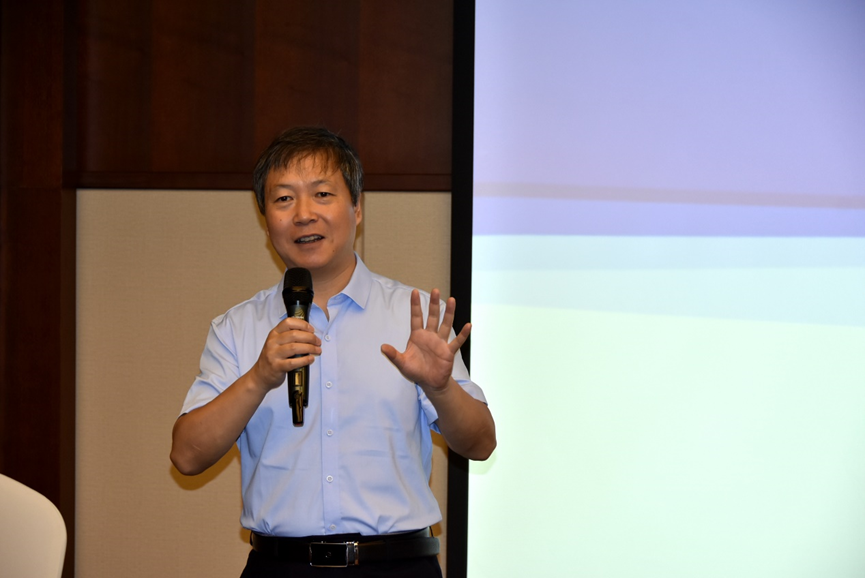 The content of the workshop covered three areas: materials design, materials structure, and materials processing. Thirteen experts and scholars delivered insightful academic presentations, which encompassed in-depth research on materials processes such as corrosion, irradiation, and combustion, exploration of material atomic and electronic structures, and various aspects of materials design from artificial intelligence assistance, thermodynamic phase diagrams to material complexity. These diverse presentations piqued the broad interest of the attendees and sparked lively discussions.
The content of the workshop covered three areas: materials design, materials structure, and materials processing. Thirteen experts and scholars delivered insightful academic presentations, which encompassed in-depth research on materials processes such as corrosion, irradiation, and combustion, exploration of material atomic and electronic structures, and various aspects of materials design from artificial intelligence assistance, thermodynamic phase diagrams to material complexity. These diverse presentations piqued the broad interest of the attendees and sparked lively discussions.
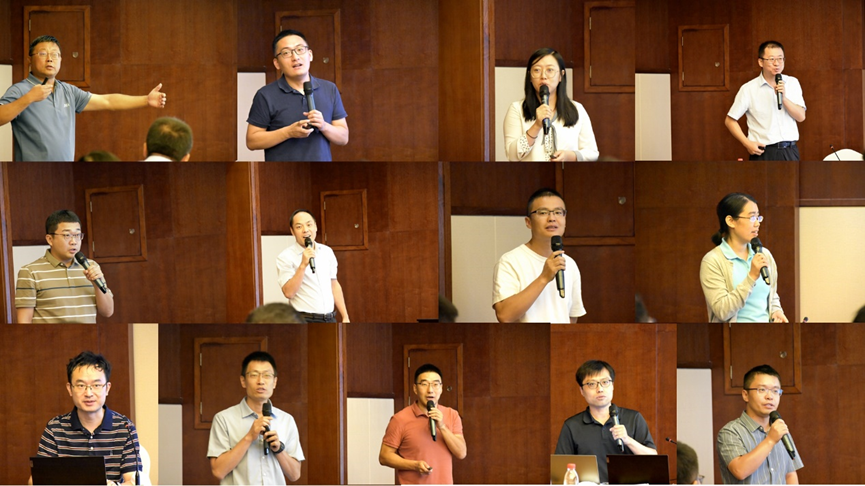 Following the conclusion of the workshop, participants gained a deeper understanding of the scope and potential impact of artificial intelligence technology in materials research. They look forward to further collaboration and applying relevant methods to materials research activities within the academy.
Following the conclusion of the workshop, participants gained a deeper understanding of the scope and potential impact of artificial intelligence technology in materials research. They look forward to further collaboration and applying relevant methods to materials research activities within the academy.
This workshop represents an effective initiative by GSCAEP to promote synergy between science and education. It has facilitated academic exchanges among researchers both within and outside the academy. It is hoped that similar activities in the future will continue to drive the development of relevant disciplines within the academy and contribute more wisdom and strength to the construction of the academy's fundamental research talent pool.
